New York Metropolitan Transportation Authority
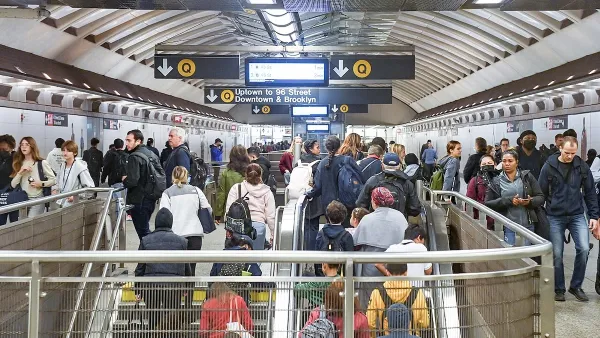
New York MTA to Reimagine Subway Bottleneck
Changes proposed in a recently approved five-year plan would resolve a nearly century-old snarl that routinely delays trains.
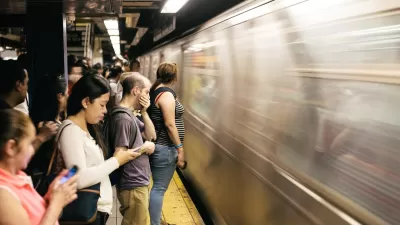
New York State Budget Includes $68B MTA Capital Plan, Boosts Transit Security
The state’s FY26 budget includes increased investment in transit security, mental health services, and fare evasion enforcement.

New York MTA Says No More Borrowing, Will Cut Costs Instead
The agency says it won’t take out any new loans to finance its planned improvements and is finding other ways to cut costs.
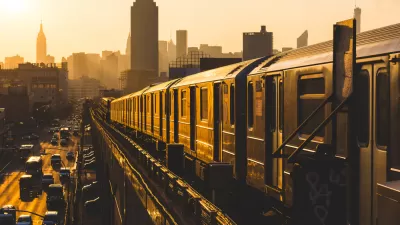
New York MTA Officials Warn of Massive Budget Gaps Without Congestion Pricing
The agency will lose hundreds of millions in projected congestion pricing revenue, forcing cuts to expansion plans.
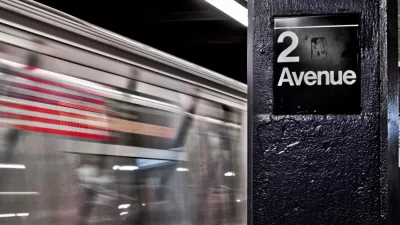
New York MTA Upholds Pause on Congestion Pricing, Scales Back Projects
The agency will not be able to go forward with former plans to improve station facilities and transit safety, and expand service.
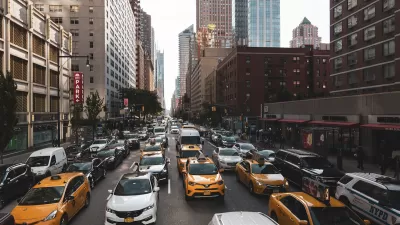
Congestion Pricing: New York City’s Next Hero
Big problems need big solutions.

New York Launches Free Transit Pilot on Five Bus Lines
The lines were chosen based on the income levels, ridership, and lack of subway access in surrounding neighborhoods.

New York MTA Makes Five Bus Routes Fare-Free
The state-funded effort is a way to assess how free fares impact ridership.
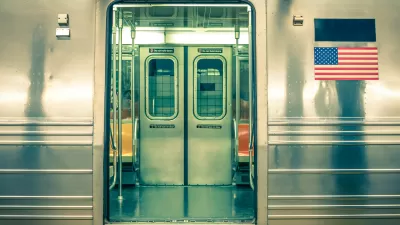
MTA Boosts Suicide Prevention Efforts on Subway System
One pilot program involves installing blue lights that could have a ‘calming effect’ at three subway stations.

New York Subway Begins Accessibility Improvements
The MTA is putting its effort to improve the system’s century-old stations to make them more universally accessible in high gear, adding elevators, boarding upgrades, and mechanical improvements.
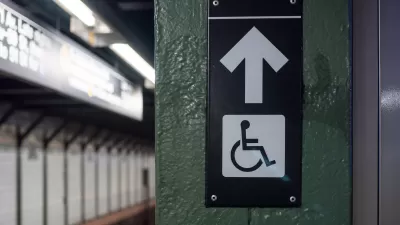
New York Must Make Almost All Subway Stations Accessible by 2055, Judge Rules
Another recent ruling is forcing the agency to accelerate its efforts to make all New York subway stations accessible to people with disabilities and mobility issues.

Fancy New Subway Cars Join the New York Subway System
New York has been planning on adding these new subway cars for years, finally achieving their goal in March 2023. More than a thousand of the new R211 trains will be running in New York within two years if all goes according to plan.
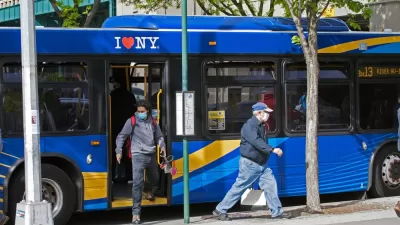
All-Door Boarding Stuck in Neutral in New York City
MTA leadership has decided all-door boarding will lead to fare evasion and isn’t willing to adopt a program that was already well underway.
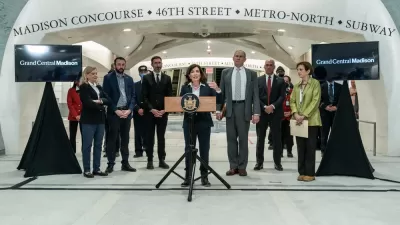
Long Island Rail Now Connects to Grand Central Terminal
A new rail service launched this week could save commuters as much as 40 minutes on trips between Long Island and Manhattan.
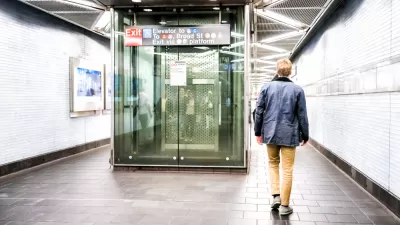
New York MTA Releases Plan for Improved Accessibility
The MTA announced plans for new or improved elevators at almost two dozen stations as part of its pledge to make more of its stations fully accessible.

Deficit Plan for New York MTA Includes Fare Hikes, More Relief
A series of federal relief funding in 2020 and 2021 helped the New York MTA keep its head above water over the past three years, but the funding is running out and the books still have to be balanced for a post-pandemic world.

How to Hire and Retain Bus Drivers During the Great Resignation
Bus systems all over the country are cutting service due to an ongoing shortage of operators—the drivers who make the whole system go. A few examples of success provide a way forward.
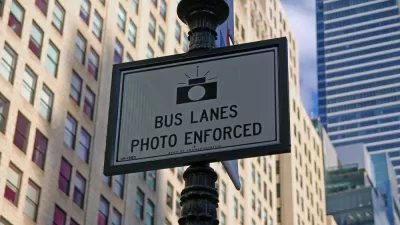
New York To Crack Down on Bus Lane Blocking Violations
The city hopes to improve the speed of its notoriously slow buses by using traffic cameras to ticket drivers who drive or park in dedicated bus lanes.
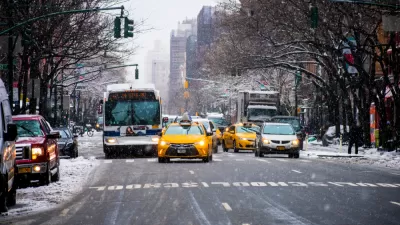
New York MTA Cuts Bus Service
The transit crisis continues.
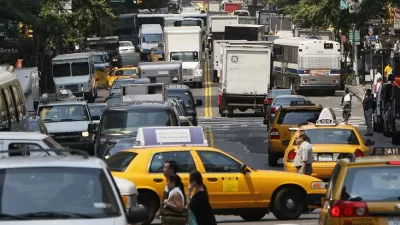
Congestion Pricing Details Emerge From MTA’s Environmental Assessment
After more than a decade of delays and reversals, congestion pricing is expected to take effect in Manhattan in late 2023 or early 2024.
Pagination
Urban Design for Planners 1: Software Tools
This six-course series explores essential urban design concepts using open source software and equips planners with the tools they need to participate fully in the urban design process.
Planning for Universal Design
Learn the tools for implementing Universal Design in planning regulations.
Heyer Gruel & Associates PA
JM Goldson LLC
Custer County Colorado
City of Camden Redevelopment Agency
City of Astoria
Transportation Research & Education Center (TREC) at Portland State University
Jefferson Parish Government
Camden Redevelopment Agency
City of Claremont


































